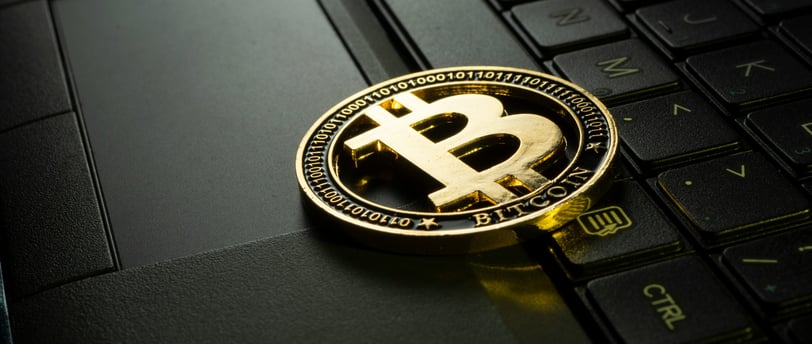The US Government's Plan to Sell Silk Road Bitcoin: Implications and Challenges
4/3/20243 min read


The US Government's Plan to Sell Silk Road Bitcoin
In a significant development, the US government has taken a step that indicates it may be preparing to liquidate the remaining bitcoin seized from the notorious online marketplace, Silk Road. Recent on-chain data has revealed a test transaction of 0.001 BTC, which is believed to represent a larger stash of approximately 30,174 BTC, valued at a staggering $2 billion. It is widely speculated that this movement is being orchestrated by the US government with the intention of selling these funds.The Silk Road and Its Infamous History
For those unfamiliar with the Silk Road, it was an illicit online marketplace that operated from 2011 to 2013. The website provided a platform for the buying and selling of various illegal goods and services, primarily drugs. It gained notoriety for its anonymity and the use of bitcoin as the preferred method of payment, making it difficult for authorities to trace transactions. In October 2013, the FBI shut down the Silk Road and arrested its founder, Ross Ulbricht, who operated under the pseudonym "Dread Pirate Roberts." The authorities seized a significant amount of bitcoin, which was believed to be the proceeds from the illegal activities conducted on the platform.The Implications of the US Government's Actions
The recent movement of the confiscated bitcoin by the US government has sparked speculation about its intentions. While the government has not officially confirmed its plan to sell the bitcoin, the test transaction suggests that it is actively exploring the possibility. If the US government proceeds with the sale, it could have significant implications for the cryptocurrency market. The sheer volume of bitcoin involved, combined with its estimated value of $2 billion, could potentially impact the market's supply and demand dynamics. Such a large influx of bitcoin into the market could lead to price fluctuations and increased volatility. Furthermore, the sale of these bitcoin raises questions about the government's approach to cryptocurrency assets. As digital currencies continue to gain mainstream acceptance, governments around the world are grappling with how to regulate and manage them. The US government's decision to sell the Silk Road bitcoin could set a precedent for how other governments handle seized cryptocurrency assets in the future.The Challenges of Selling Seized Bitcoin
Selling such a substantial amount of bitcoin is not without its challenges. The US government will need to navigate various legal and logistical hurdles to ensure a successful sale. One of the primary concerns is how to sell the bitcoin in a way that maximizes its value while minimizing the potential impact on the market. Additionally, the government will need to address the issue of storing and securely managing the confiscated bitcoin until it is sold. Given the decentralized nature of cryptocurrencies, ensuring the safekeeping of such a significant amount of digital assets is no small feat. Furthermore, the government's actions will likely be closely monitored by the cryptocurrency community and the wider public. Transparency and accountability will be essential to maintain trust and confidence in the process. Any perceived mishandling or mismanagement of the seized bitcoin could have far-reaching consequences for the government's credibility and public perception of cryptocurrencies.The Future of Seized Cryptocurrency Assets
The US government's decision to potentially sell the Silk Road bitcoin raises broader questions about the future of seized cryptocurrency assets. As cryptocurrencies become more prevalent, law enforcement agencies worldwide are increasingly encountering digital assets in the course of their investigations. Governments are grappling with how to handle these assets effectively. Should they be sold off, held as investments, or even used for public benefit? The answer to these questions will likely shape future policies and regulations surrounding seized cryptocurrency assets. In conclusion, the recent movement of the Silk Road bitcoin by the US government indicates a potential plan to sell the confiscated funds. This action has significant implications for the cryptocurrency market and raises questions about how governments should handle seized digital assets. As the situation unfolds, it will be crucial to monitor how the US government navigates the challenges of selling such a substantial amount of bitcoin and how it sets a precedent for the future handling of seized cryptocurrency assets.Invest
info@ibitetf.com
